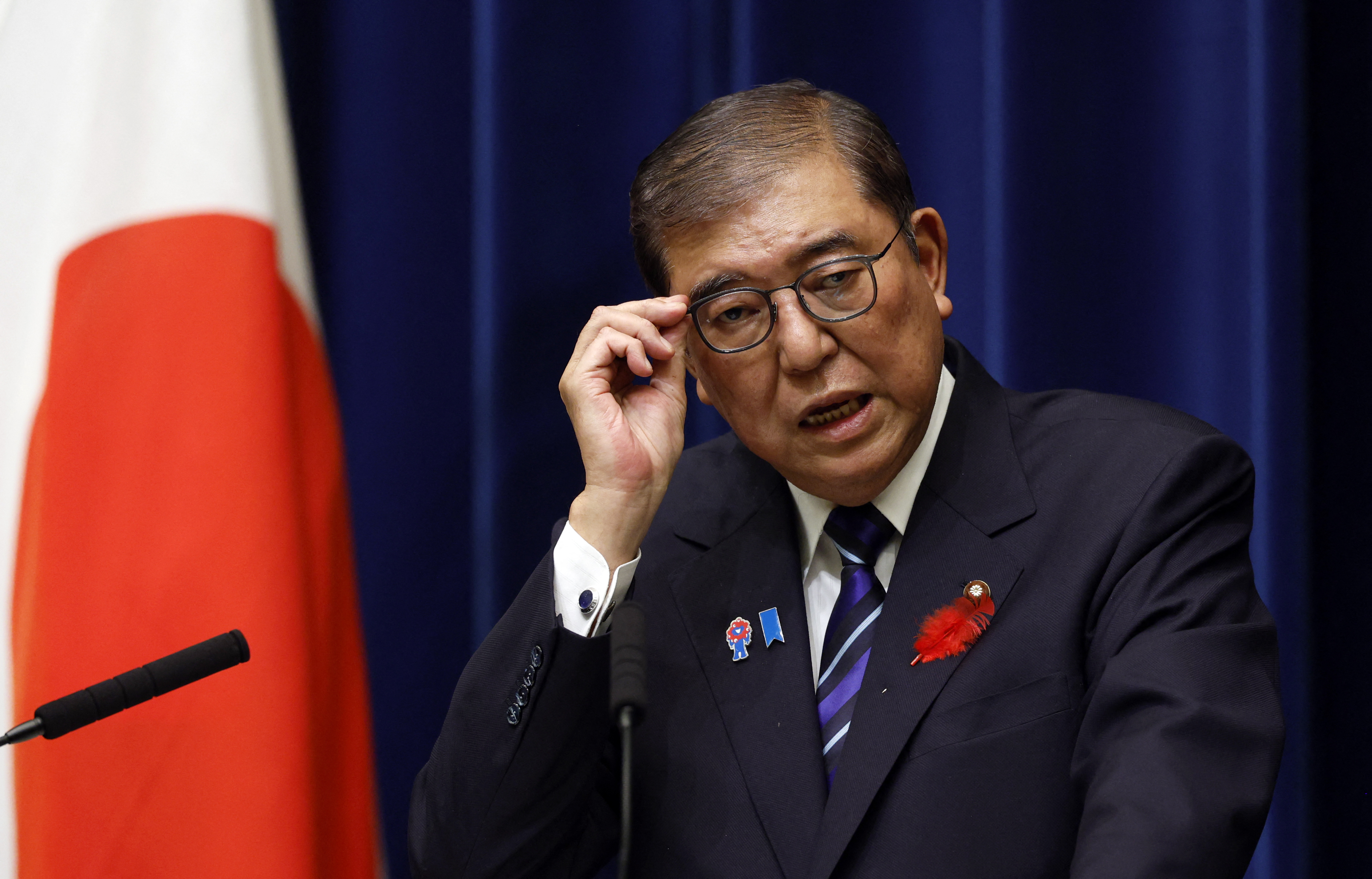
TOKYO- Japanese Prime Minister Shigeru Ishiba has issued a message to mark the 80th anniversary of the end of World War II. Public opinion believes that the message, to some extent, reflects Ishiba's personal characteristics and has certain significance, but the absence or insufficiency of some key expressions highlights the country's deficiency in summarizing and understanding its history.
With approximately 6,000 words in Japanese, the message released on Friday delved into five themes: the pre-war constitution, government structure, parliament, media, and information gathering and analysis, arguing that all of them bear responsibility for Japan's path to war.
In light of the current situation in Japan's society, Ishiba said that politics must never pander to public opinion or pursue popularity-seeking policies that would harm the national interest, while warning against narrow-minded nationalism and xenophobia.
ALSO READ: Japan must stop distorting history
The country must not prioritize emotional and sentimental judgments over calm and rational ones, the prime minister said, adding that what matters most are the courage and integrity to squarely face the past.
Japanese media pointed out that compared with past formal cabinet-endorsed statements released by his predecessors on the 50th, 60th and 70th anniversary milestones, Ishiba's views presented new perspectives. However, the message was released in a personal capacity, without the formal approval of the entire cabinet, and failed to explicitly mention the "responsibility for aggression" towards neighboring Asian countries. Ishiba simply stated in response to a reporter's question that the historical views he upholds from the predecessor cabinets include the "feelings of remorse and apology."
Ishiba is considered a moderate conservative within the ruling Liberal Democratic Party (LDP), with a more progressive understanding of history than the party's hardline conservatives. Local media generally believe that Ishiba's remarks reflected his balanced approach under pressure from within the LDP.
READ MORE: China urges Japan to face up to history, break away from militarism
Since taking office last year, Ishiba has planned to issue a prime minister's statement approved by the cabinet as per tradition on the occasion of the 80th anniversary of the war's end. However, LDP conservative members strongly opposed it, arguing that the 70th anniversary statement by then Prime Minister Shinzo Abe had made it clear that "future generations should not be predestined to apologize," and worried that Ishiba would overturn this tone. The newly elected LDP president, Sanae Takaichi, also said there was no need to issue an 80th anniversary statement.
Meiji University professor Akira Yamada believes Ishiba's reflections mainly remained on domestic Japanese politics and lacked a perspective on neighboring Asian countries. Although Ishiba used the phrase "remorse," the content of the message was almost exclusively focused on analyzing how the political parties failed to check the influence of the military.
Professor Mie Oba of Kanagawa University said that this message provided a common-sense explanation of the situation in pre-war Japan. "The fact that the prime minister has to repeatedly recount these facts, which should have been shared in education in the first place, reflects Japan's serious shortcomings in summarizing history."


